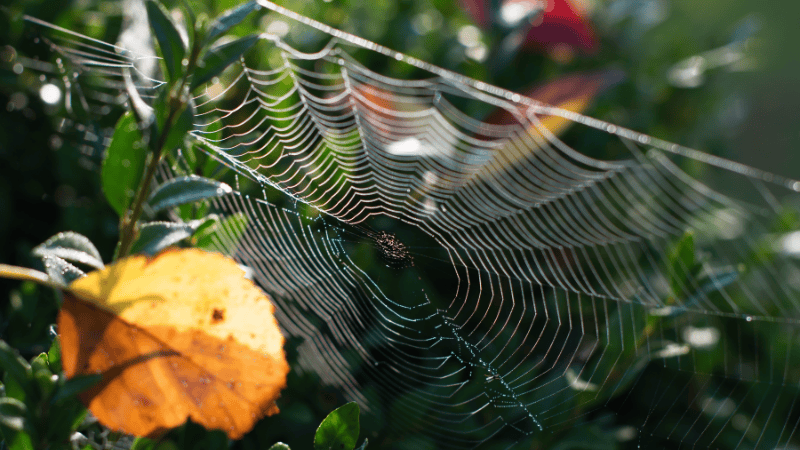What Happens to Insects over the Winter?
Have you ever wondered where all those pesky insects go during the winter months? Do they hibernate like the bears, rabbits and groundhogs? Do they fly south for the winter like the geese and ducks? What exactly happens to the mosquitoes, beetles, ants, termites and the numerous other bugs that we so fervently avoid through the warmer months.Since insects are ectotherms and can not regulate their body temperature by internal means they need some method to survive these long cold winter months here in the northeast. Let's look at how insects cope with the frigid temps and manage not to die off during the snowy, sub zero climate. Dr. William Day, an entomologist at the Beneficial Insects Research Laboratory run by the Agriculture Department in Delaware reminds us that ''Insects are cold blooded. So, as the temperature outside drops so does their body temperature, and their metabolism slows down. They also have fat reserves that they build up by feeding on bugs. In general, they don't freeze. Most insects have a built-in antifreeze, and as the weather gets gradually colder, the composition of their blood changes, so it doesn't freeze.''Insects have several techniques to survive the winter months including:
- Migration - Some insects head to warmer climates when winter weather approaches. The most famous migrating insect is the Monarch butterfly. Many other butterflies and moths also migrate seasonally, including the gulf fritillary, the painted lady, the black cutworm, and fall armyworm. Dragonflies that inhabit ponds and lakes as far north as Canada, migrate as well.
- Communal Living - Some species of insects rely on warmth in numbers. Honey bees tend to cluster together and use their collective heat to keep themselves warm. Ants and termites tend to head below the frost line in large numbers to survive on food stores and stay warm till spring arrives.
- Suspended sleep - Some insects rely on yet another method to last through the winter called Torpor or Dispause. This is a temporary state of suspension or sleep during which the insect is completely immobile. During this time the insects create their own form of antifreeze called cryoprotectants that protect them from freezing. For example some crickets like the weta use this technique.



